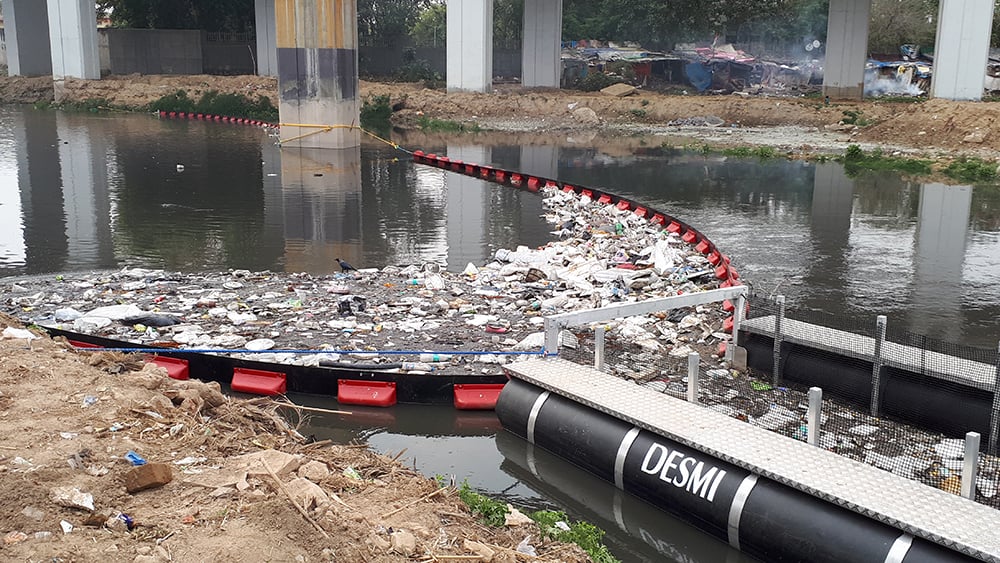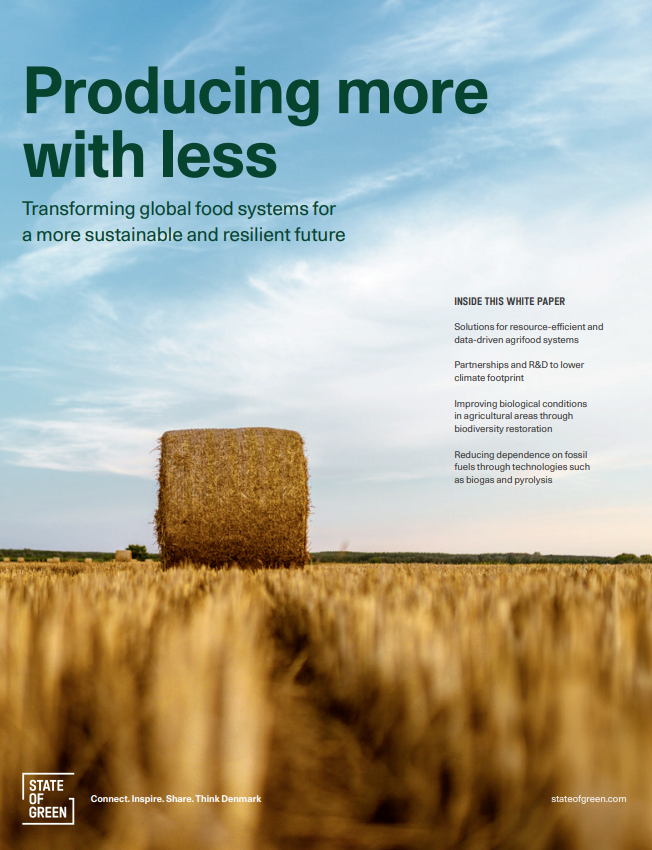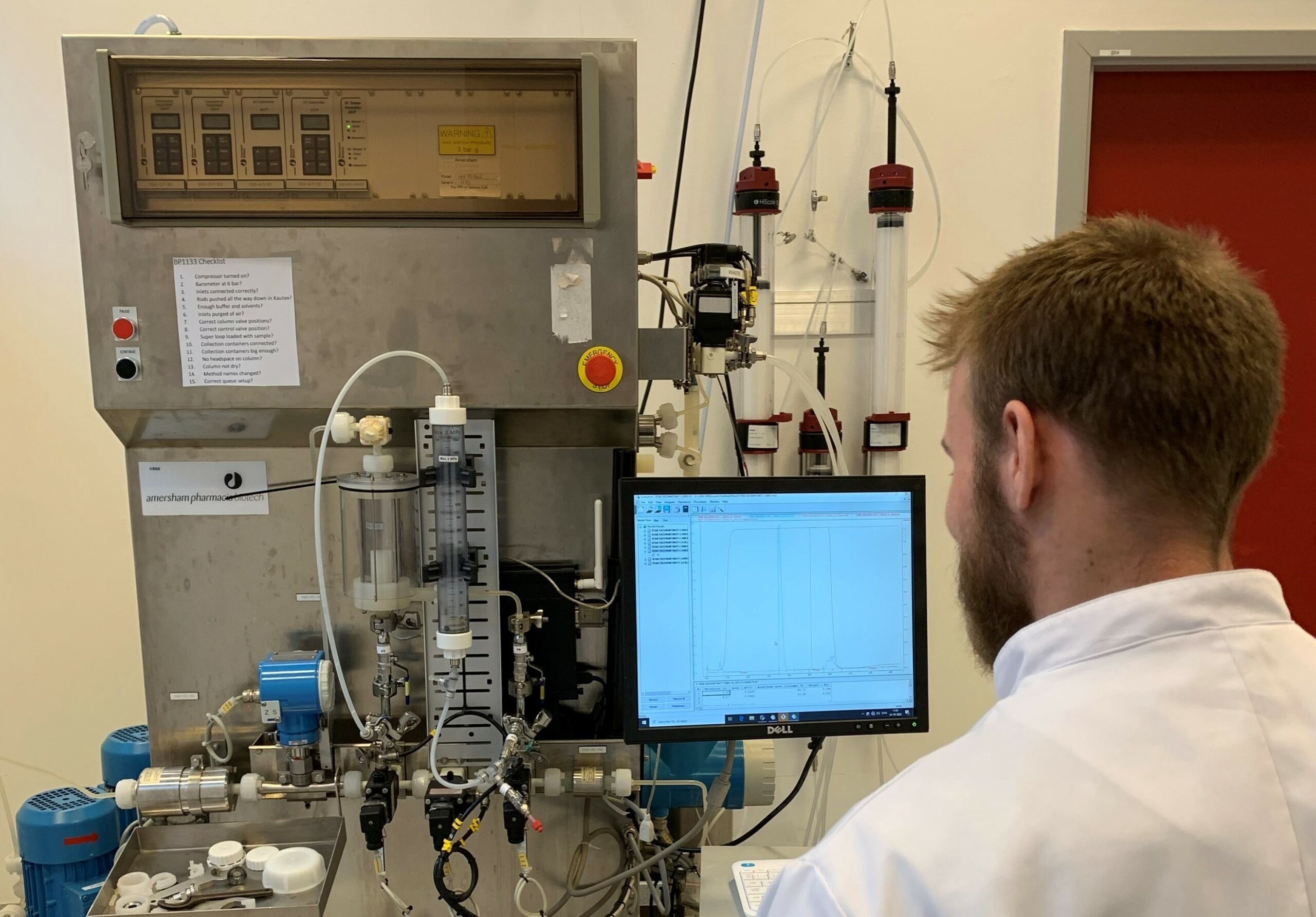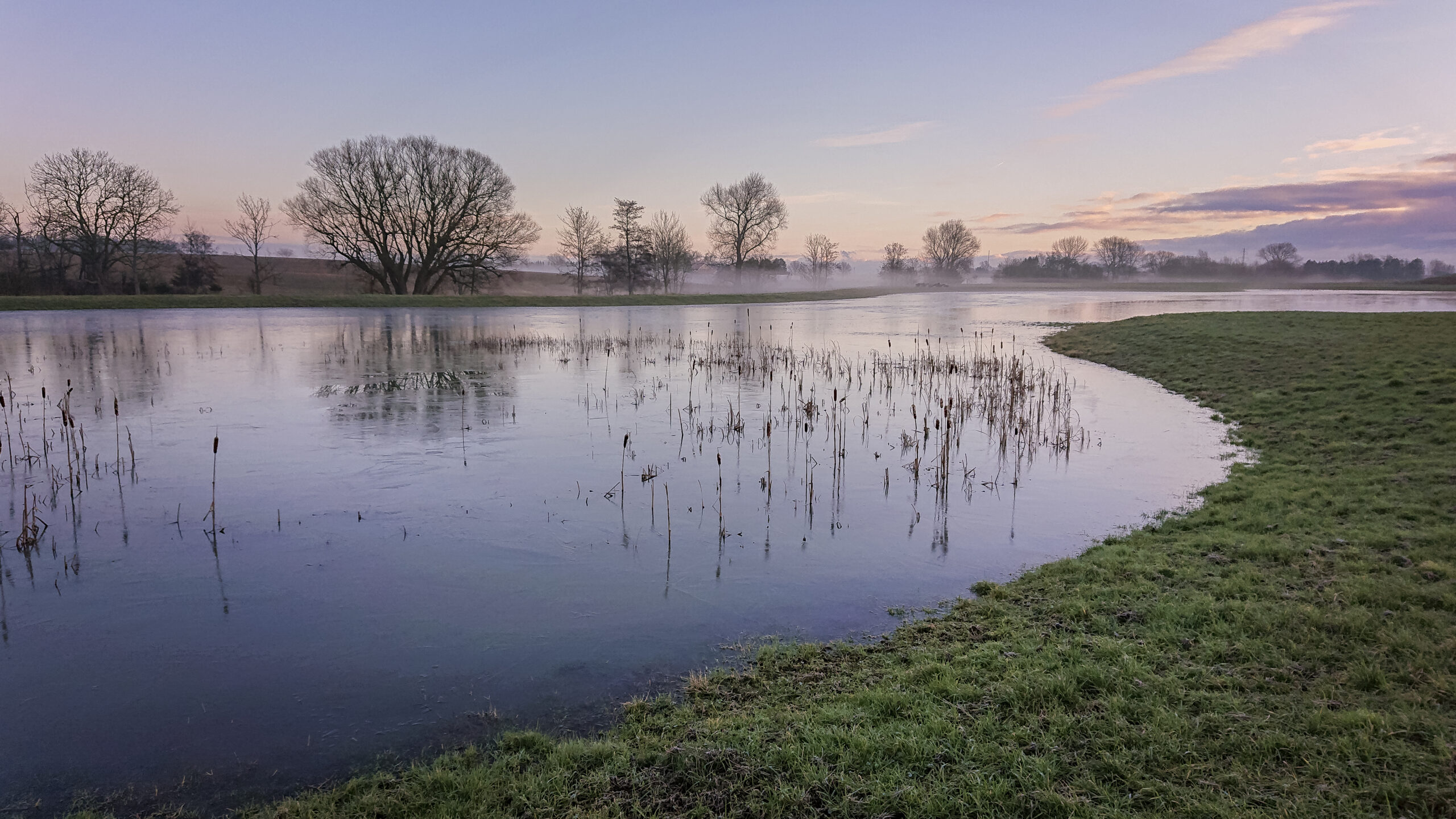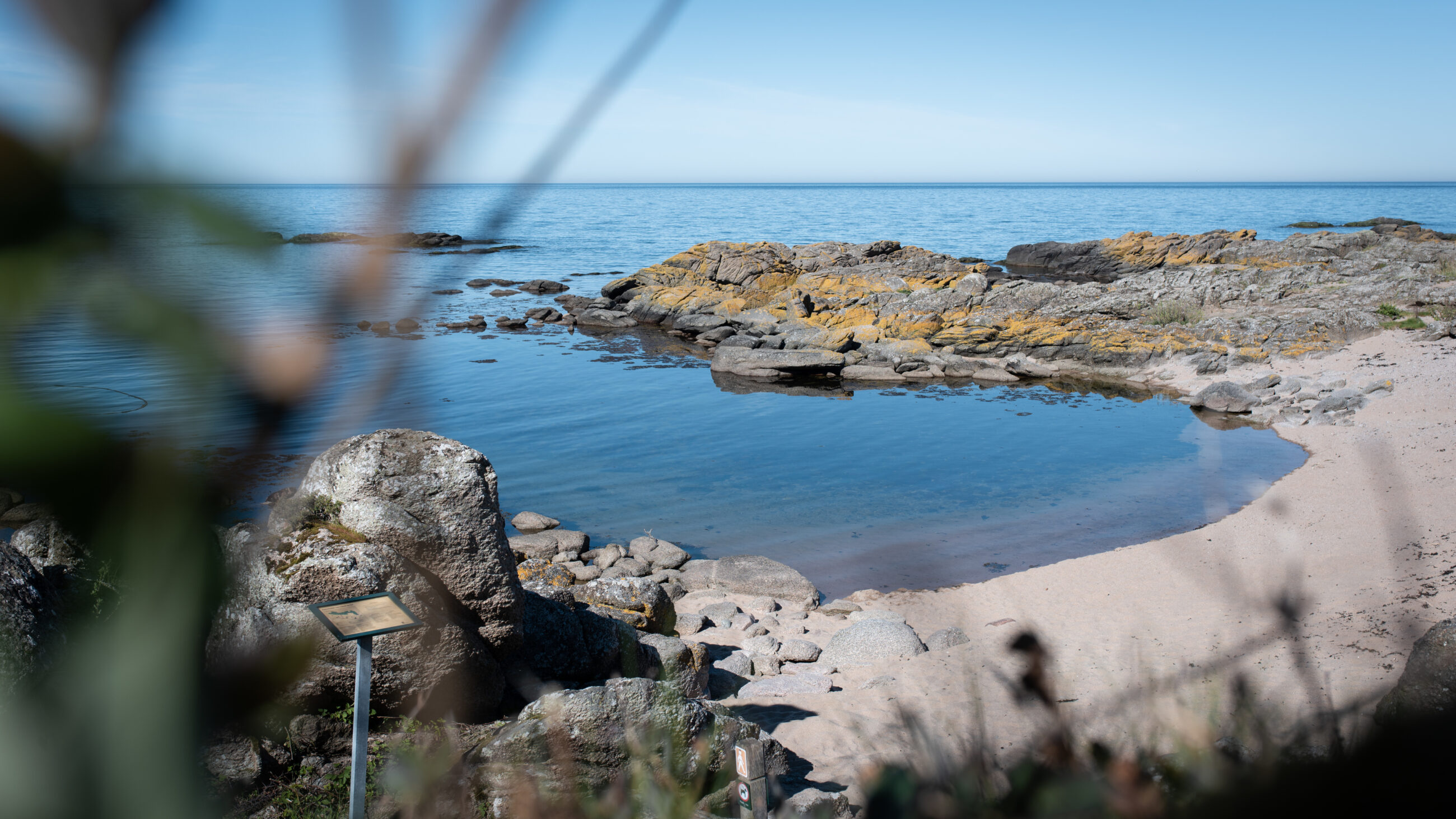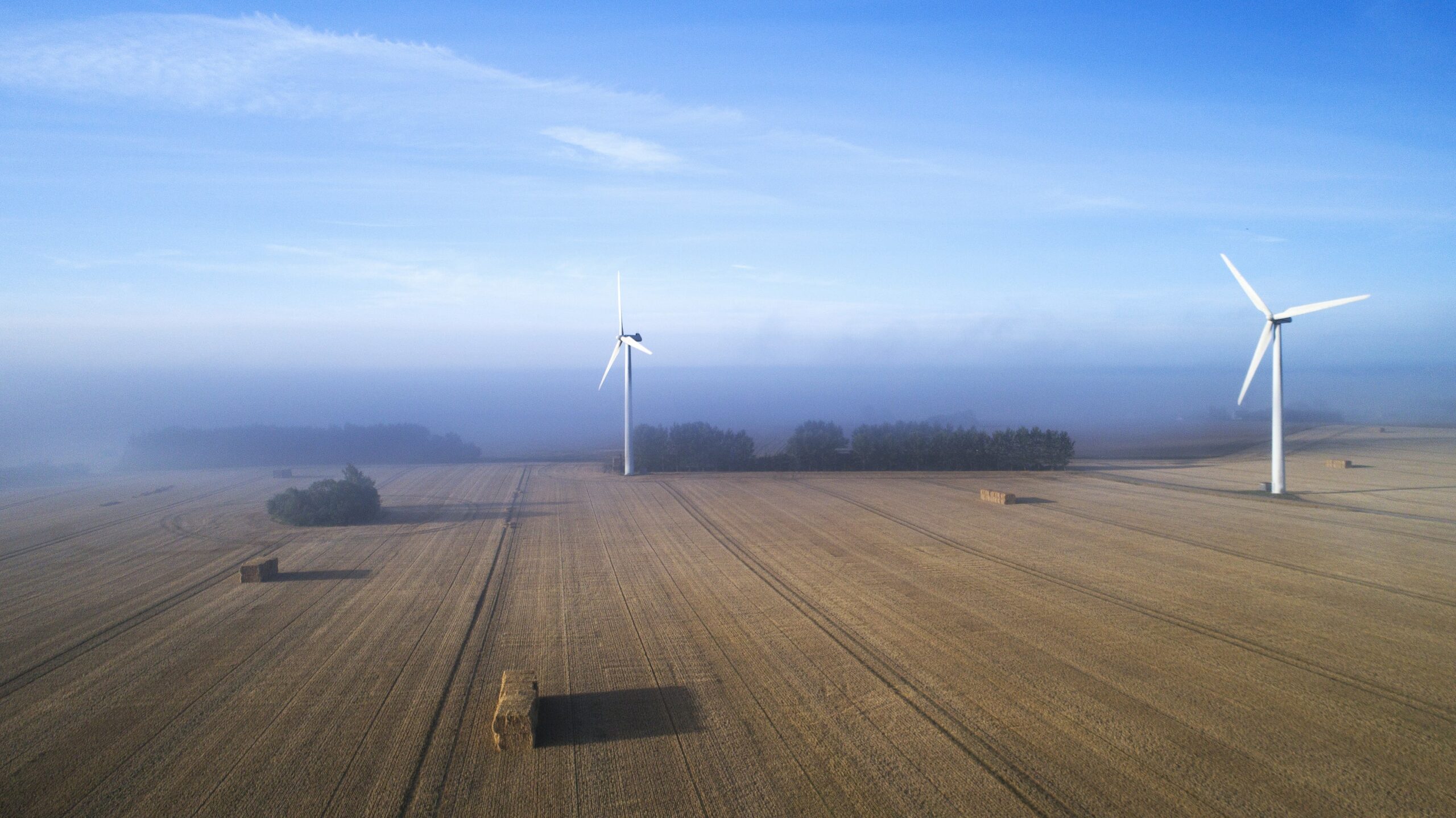News
Biogas
Recycling of waste to material
Resource efficient production
Denmark turns Food Waste into Natural Gas


Daka ReFood is ready to begin the construction of Denmark’s first fully integrated treatment plant for recycling food waste. The plant will be directly connected to Horsens Bioenergi’s existing biogas plant and contribute to securing recycling and optimal exploitation of food waste, while significantly contributing to reaching the Danish Government’s goal to recycle 60% of the organic waste from the service sector in 2018.
The plant is expected to go into operation in the fourth quarter of 2015.
- The new plant is yet another step in a more sustainable direction, and it contributes to putting Horsens Municipality on the map of Denmark, when it comes to green technology and green jobs. We want to lead the way in terms of taking responsibility for the environment, and we regard the recycling of food waste as an important task, says Mayor of Horsens, Peter Sørensen.
The plant is a result of a partnership between Bigadan, manufacturer of biogas and biogas plants, Horsens Bioenergi and Daka ReFood, which collects food waste throughout Denmark.
- Related news: New White Paper: Producing More with Less
- We are proud of being part of such an ambitious project, which will possibly contribute to setting new standards for recycling in the industry in Denmark, says Klaus D. Johansen, CEO of Horsens Bioenergy
Handling packaged food
The new plant in Horsens will be able to handle packaged food waste from grocery stores, food manufacturers, restaurants, hotels and canteens, without having to manually remove the packaging from the product, which will minimise the manual labour for the customer, and hopefully help prevent the packaged food from being incinerated, in which case useful resources would be burned and go to waste.
The plant will have a capacity of 40.000-50.000 tonnes of food waste, where every ton provides approx. 100 m3 natural gas – corresponding to 110 litres of diesel oil.
- Related news: Food Waste from London turns into Green Energy and Fertilizer
The residual products from the biogas production are used as fertiliser for cultivating new crops, and in this way important resources such as phosphorous are maintained, which yet again can form part of a sustainable cycle.
- The plant is the first of its kind in Denmark but builds on a well developed technology, which is used at more that 40 other Saria ReFood plants around Europe. The concept has been developed and tested for more than 20 years, and can thereby easily be rolled out in the rest of the country if demanded, says Birger Parsberg Olesen, ReFood Business Unit Manager.
Source: Energy Supply
You should consider reading
publications
Resource efficient production
+15
